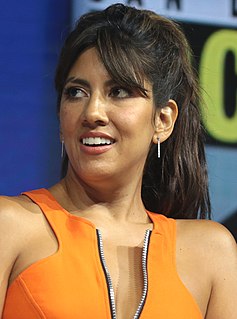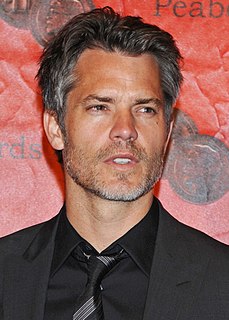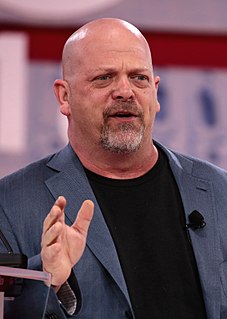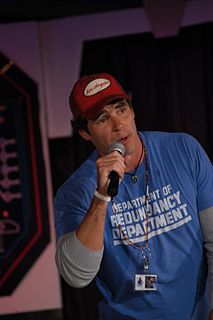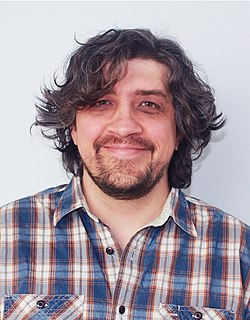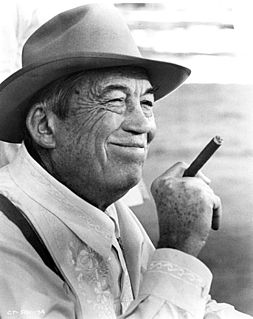A Quote by Stephanie Beatriz
The amount of coordination it takes to shoot a television show is mind-numbing. There are so many things that have to be exactly right to create the correct environment for a single shot, let alone a whole scene or the full episode.
Related Quotes
I have a big, long episode [in Full Circle] with Calista [Flockhart], and then my character actually carries out through a lot of it because he was a cop investigating this crime. But it is almost hard to remember, even though it wasn't that long ago. We shot it so fast. We literally shot that whole episode in one day.
My grandfather used to say 'Eat the biggest crabs first, that way you're always eating the biggest crabs.' In making a TV show, that means if you have a big funny or smart idea for an episode or a scene or a joke, go for it. Don't save it for another season or another episode, because you may not have the right time again. It's good advice for television, but truly stellar advice for eating crabs.
We do want the freedom to move scenes from episode to episode to episode. And we do want the freedom to move writing from episode to episode to episode, because as it starts to come in and as you start to look at it as a five-hour movie just like you would in a two-hour movie, move a scene from the first 30 minutes to maybe 50 minutes in. In a streaming series, you would now be in a different episode. It's so complicated, and we're so still using the rules that were built for episodic television that we're really trying to figure it out.
Everything we do on 'Luck' is absolutely no different than if we'd had been doing it in a feature film. There's no short cuts. The specificity of what every single line might mean. Everything Dustin Hoffman does. Kevin Dunn is as authentic in the last scene of the last episode as he is in the first scene of the first episode.
